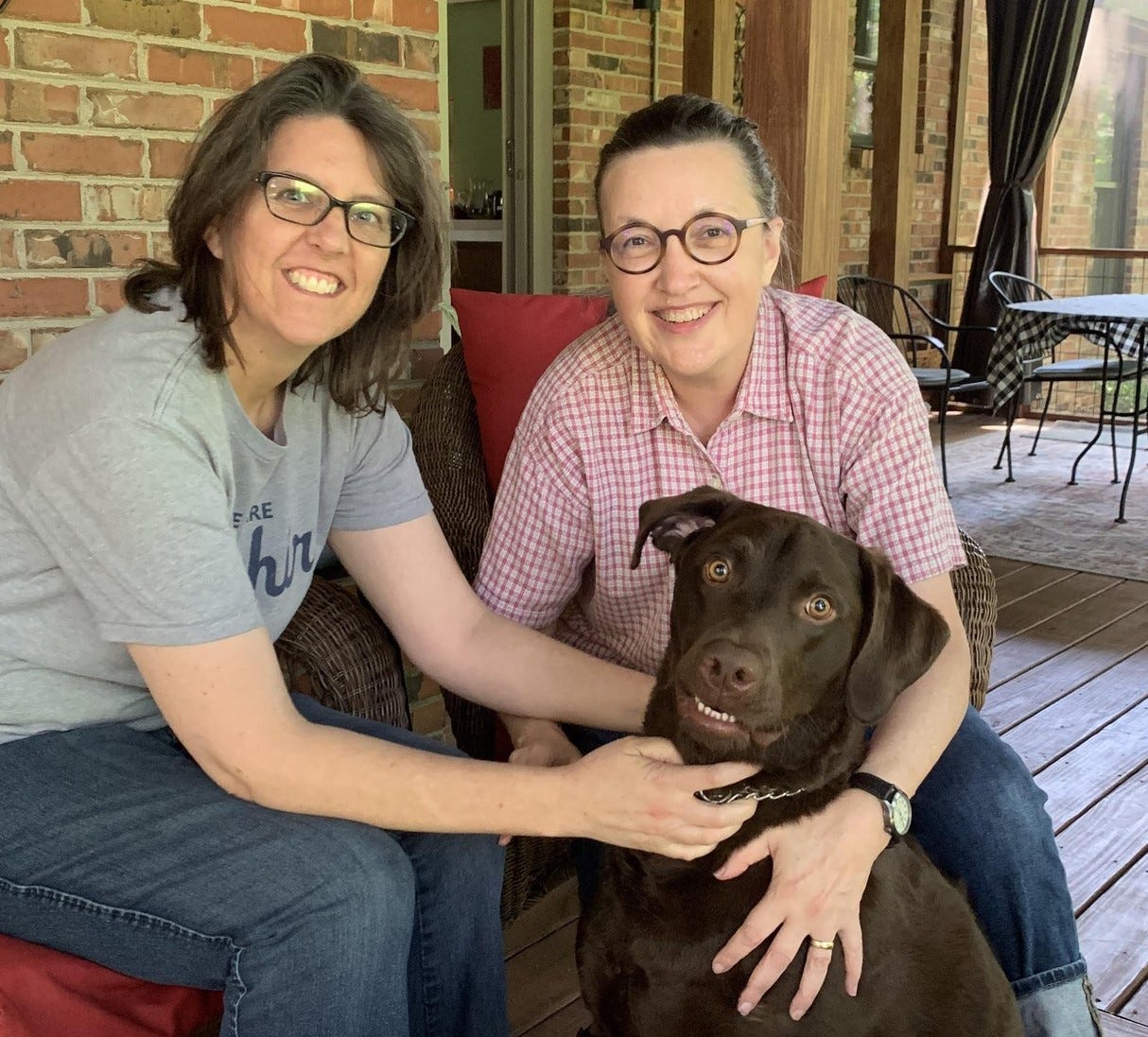Gay and Gender Atypical
First up in the Gender Stories series: why are so many gay people gender atypical?
Gender Stories is a series seeking to better understand the experiences of gender atypical, transgender, and non-binary people, all from a Christian perspective. See the schedule of upcoming live interviews.
Karen and Sally discuss their own experiences of gender as gay women. Studies show gay people have higher rates of being gender atypical. Why is that? Sally and Karen explore this particular gender experience through their own stories. Karen is a biblical scholar and Sally is the executive director of the Christian ministry CenterPeace, which serves LGBTQ people, parents of LGBTQ loved ones, as well as pastors and ministry leaders.




